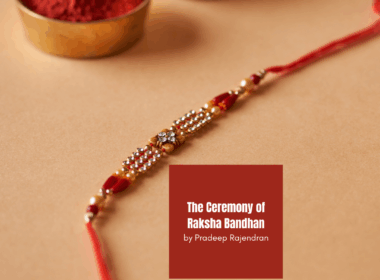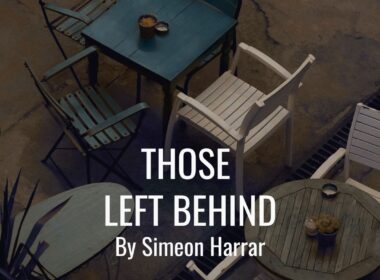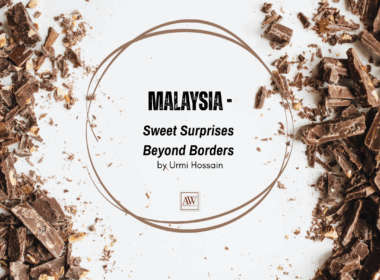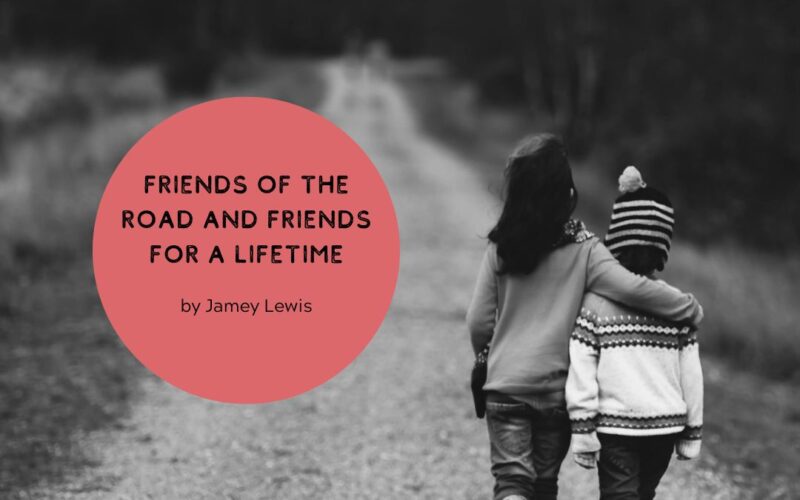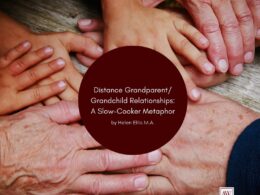In many cultures, family is a strong bond, but TCKs may struggle with this. Urmi Hossain shares about this struggle and how, over time, she came to a conclusion.

Both of the cultures I grew up in—Italian and Bengali—valued family as a strong foundation, where ties of blood were often seen as the most important bond. As a kid, I was taught to blindly trust those related to us by blood without questioning their actions or the potential for betrayal. However, over time, I realized that even the closest relatives can betray you, sometimes for money or other selfish motives. I used to think these things only happened in TV dramas, but reality isn’t much different. This made me question: can we truly consider those with the same bloodline as the people we can always count on?
As I grew older and matured, I learned that we can choose who we consider family—friends we meet in high school or university, colleagues, strangers, and even adopted parents. When I was in university, I watched a TV show called The Fosters, an American series about the foster care system that tells the story of two siblings, who were foster kids, being adopted by a lesbian couple. The show taught me many valuable lessons about love and connection. It made me realize that those who bring you into the world aren’t always the ones who will nurture or support you.
I also watch many Korean dramas that explore complicated relationships between parents and children, where immense pressure exists to fulfill obligations and uphold the family’s reputation—sometimes to the point of damaging those relationships. In this regard, Bengali culture is quite similar to Korean culture, as children are often pressured to meet high standards. In Bengali culture, especially, we are not taught to communicate openly with our parents as if they were friends or therapists. Conversations about dating lives, academic struggles, or personal challenges typically result in reprimands rather than support. Affection is often absent, and affirmations such as “I’m proud of you” are rarely expressed. Bengali culture tends to emphasize a more severe approach to parenting, which can hinder emotional connection.
I’m a 90s kid, and I’ve recently started watching One Tree Hill—an American drama that touches on themes of friendship, love, ambition, and the challenges of growing up. The show revolves around two half-brothers, Lucas and Nathan Scott, who navigate their complicated relationship amidst the pressures of high school and family expectations. The show portrays teenage struggles, from navigating relationships to dealing with parental and peer expectations, and it resonates deeply with me. What struck me the most was the relationship both Lucas and Nathan had with their respective mothers. Lucas has an open relationship with his mother, sharing his challenges, desires, dreams, and ambitions. He confides in her, whereas Nathan struggles with the expectations of his father and a mother who is never present.
After watching all these TV shows and experiencing some of it in my life, I’ve learned that relationships among family members can be complicated, dysfunctional, and messy. My experiences across these cultures and the narratives portrayed in shows like The Fosters and One Tree Hill have taught me that family is not solely defined by blood ties. Instead, family is shaped by love, understanding, and mutual respect. While my cultural backgrounds emphasize the importance of familial loyalty, they also reveal the complexities and challenges that come with such expectations.
As I reflect on these lessons, I embrace the notion that chosen families—those friendships and connections we cultivate—can often provide the support and acceptance we seek. Relationships, whether biological or chosen, can be intricate and flawed, but it is through navigating these complexities that we learn what it truly means to care for one another. In a world where family can take many forms, it’s essential to foster relationships that enrich our lives and offer the nurturing we all deserve.
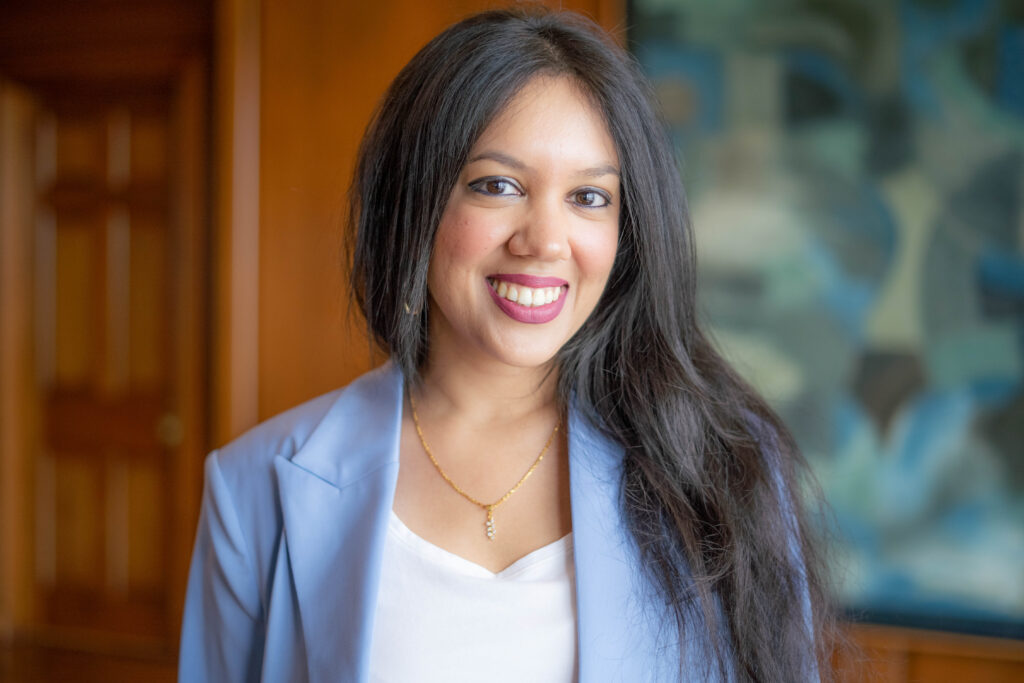
Urmi Hossain is Bengali by blood and Italian by birth. She works in the financial services industry in Canada, where she is currently residing. She is a self-published author, speaker, blogger, polyglot, and mentor. She is the holder of the CFA and CAIA charter. She advocates women’s empowerment and is very passionate about teaching and mentoring other girls and women. She is part of the Women In Leadership for the Victoria Chapter in Canada as the social media lead where she spreads the message of gender equality and more women in leadership positions. She enjoys being a promoter of self-investing and personal development. In her free time, she enjoys reading books and practicing Muay Thai. She has lived in Italy, UK and now lives in Canada.
Other places to find Urmi: LinkedIn, YouTube Channel, Instagram, and Blog or read her book, Discovering Your Identity: A Rebirth From Interracial Struggle.


